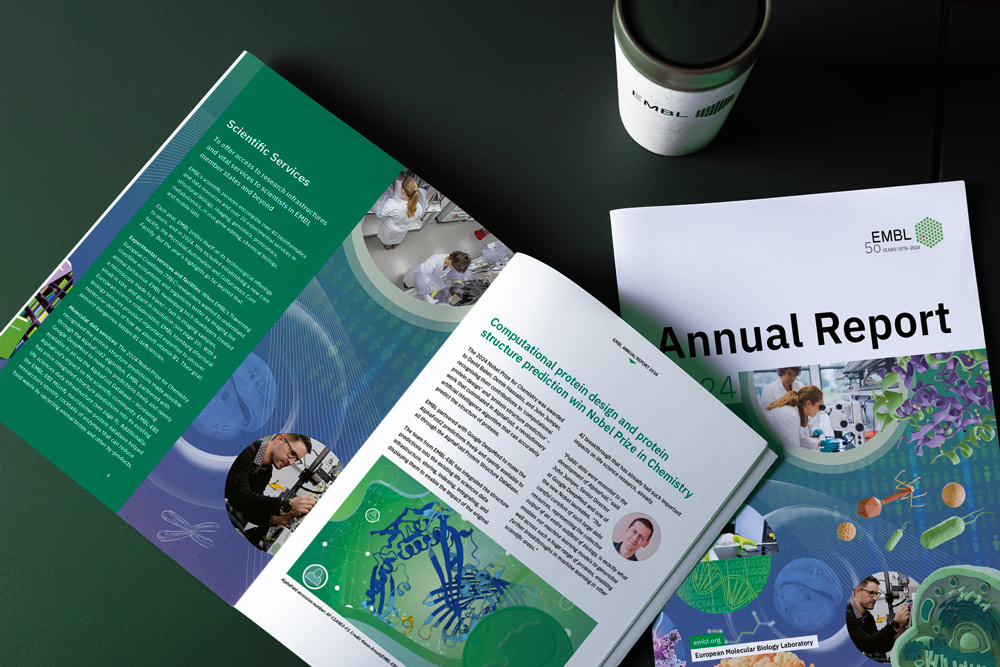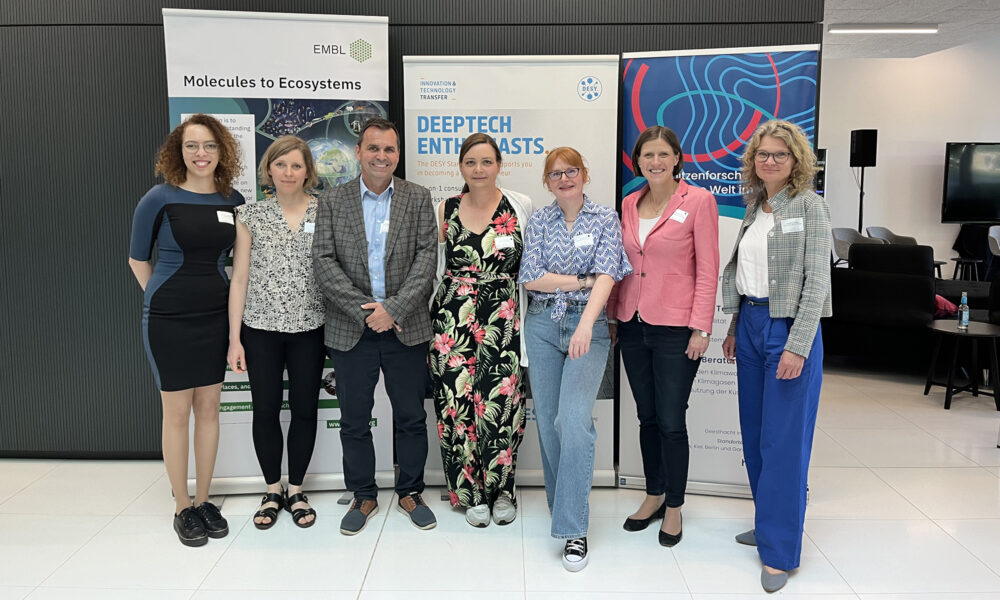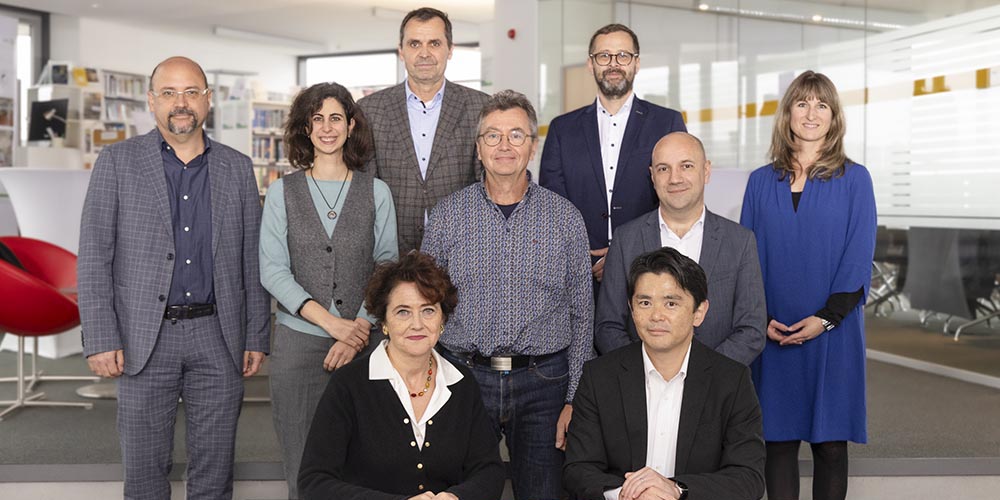
EMBL’s strengths in research, services, and training make it a perfect industry partner and a breeding ground for research that sows the seeds for technology transfer. EMBL’s tech transfer arm, EMBLEM, is pivotal to that success.
Novel training formats, among other new activities, helped further develop an EMBL innovation culture, empower the next generation of EMBL fellows, and diversify current instruments for training and knowledge exchange between EMBL and industry partners in 2024. Most notably, Umlaut.bio was an important EMBLEM spin-off in 2024. This pioneering biotech company is focused on developing ‘first-in-biology’ therapeutic molecules that modify tRNA to develop cancer and autoimmune therapeutics.









